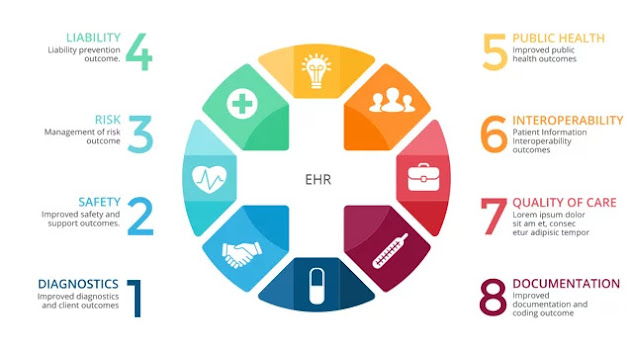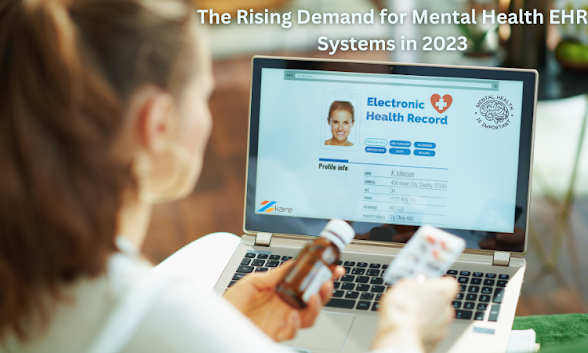Top 8 Outcomes from the EHR in Use
78% of all the office-based physicians report the use of a certified EHR, and 46% of report that they participate in a delivery system reform program. Of these, around 90% of them begin their use of a certified EHR.
The shift of healthcare towards more patient-centered care has made it imperative to improve interoperability to propel care outcomes and improve the clients’ access to the data. EHRs are here to transform the redundant clinical process.
Implementation of EHR in the healthcare industry has seen the following seven outcomes:
1. Improved diagnostics and client outcomes. The healthcare providers can improve the diagnosis of the limitations and prevent medical errors with easy access to complete and accurate information about the patient.
2. Improved safety and support outcomes. EHRs compute the information and make a difference for the clients. A certified EHR can alert the clinician towards a new medication prescription, any life-threatening emergencies, potential safety issues, or any operational issues for a client.
3. Management of risk outcome. A certified EHR improves the risk management through clinical alerts and reminders, analysis of the patient information, evidence-based decisions at the point of care, integrates safeguards against prescribing treatments that result in adverse events, and augments research and monitors the same for improved clinical quality.
4. Liability prevention outcome. Certified EHRs can help prevent liabilities through adhering to evidence-based practices, creating completely legible client records, and consent-based evidence information.
5. Improved public health outcomes. Qualified EHR helps towards e-prescribing, easy to get medicines, elimination of medical errors, and reduction in post-consultation calls resulting in happy clients.
6. Patient Information Interoperability outcomes. Many times, patients do travel and need guidance or assurance or consulting with an appropriate clinic. It is at such times that the HER automation plays a important role and the new care organization can refer the historic data easily.
7. Improved quality of care outcomes. Screenings of critical limitations like autism, cerebral palsy, etc. services like mood swings, control/recording of blood tests for various conditions and support and care for all kind of patients through intense care and controlled medicines are all taken care of by an efficient EHR.
8. Improved documentation and coding outcome. EHRs are successfully improving medical decision making by categorizing visits under-code. Multispecialty clinics using EHR are increasing their use of documentation templates in compliance to the ICD codes. This practice of coding through documentation is increasing the efficiency per client.
Additionally, at Zkare, we aim at optimizing the healthcare industry through a solution-centered approach.




Comments
Post a Comment